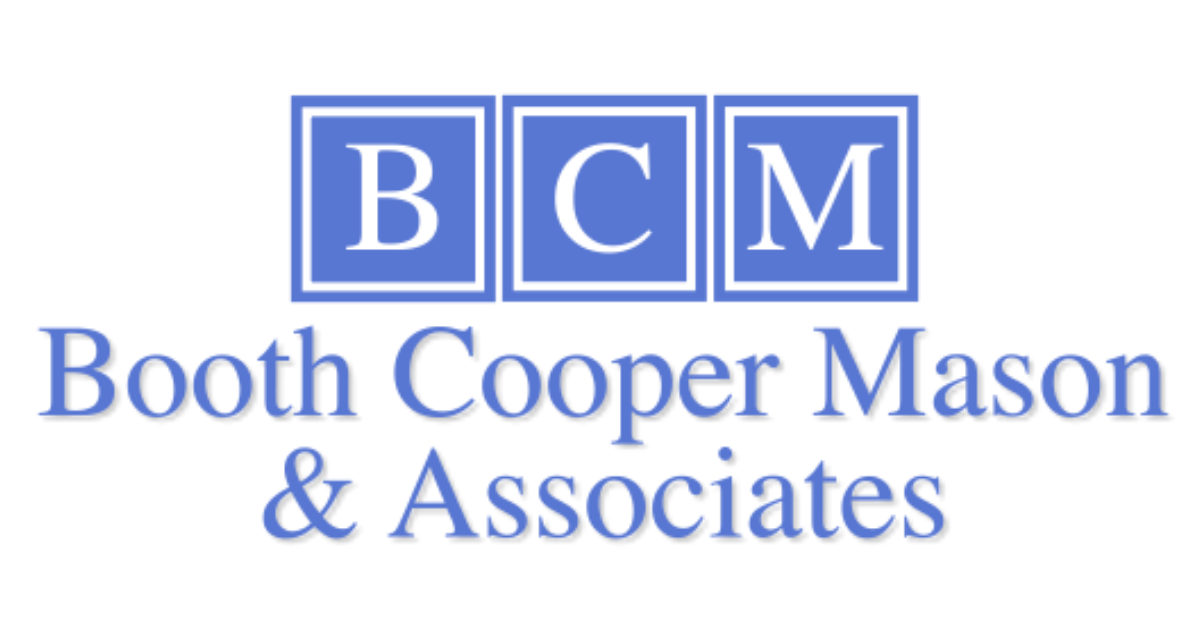There is nothing more annoying than when you are owed money, it could be your pocket money as a child, the tenner you loaned your mate down the pub or your top customer that uses you to fund their business and then pays you late crippling your cashflow. It’s one of those things really grates on you but you accept it as normal. Hopefully we can ease your pain and help you collect your money by following our top tips.
These tips are what we have learned based on our experiences with our clients, a lot of it is common sense but you would be surprised how many companies overlook some of these points and remember common sense isn’t that common so don’t feel bad
1) Agree clear payment terms
Make your payment terms clear to your client – this should be in writing and displayed on your invoice, ideally in the form of a contract or service level agreement.
2) Get invoices out as soon as possible
Invoicing should be a priority in any business. Get your invoices out as soon as possible. The last thing you want is a delay which could be easily avoided if you send the invoice on time.
3) If you e-invoice, set a ‘read’ receipt
If you are invoicing your client electronically through (Sage, Xero, QuickBooks etc) setting a read receipt is a simple but effective way of getting confirmation that they’ve received your invoice – useful should you need to start chasing a payment.
4) Send the invoice to the person who pays the bill
The person who pays the bill might not be the owner of the business, or the person that you deal with, but you should always copy them in on any invoices that you send. In other words, send your invoices to both the person who authorises the payment, and the person who actually processes it.
5) Make sure your invoice is accurate and easy to understand
Queries delay payments. Avoid queries by making sure your invoice is accurate, straight forward and contains all the correct information including purchase order number. If you need a PO (Purchase order) from your client, make sure you get it and include it on your invoice. Keep the invoice clear and simple to understand.
6) Include your bank details
Don’t overlook the obvious. Make it as easy as possible for your client to pay by putting your bank details on your invoice. You should also consider giving your clients as many options for paying as possible. For example, can you take credit card payments or PayPal?
7) Follow up on overdue invoices promptly
Overdue invoices should be followed up immediately. Initially this involves sending reminders and then making phone calls. Nobody likes making these sorts of calls, but they are essential if you want to get paid as quickly as possible. To help make your debt phone calls easier, remember:
1) call early in the day;
2) call often; and
3). always remain polite and professional, but firm.
8) Add overdue fees
You can consider adding overdue fees to your invoices to discourage your clients from paying you late, this is a statutory entitlement. In addition, you can also charge a business a fixed sum for the cost of recovering a late commercial payment on top of claiming interest from it.
9) Get to know your client
Remember they are people and good business is based on good relationships. If you are easy to deal with as a supplier, you will find that your client is much more willing to work with you. For example, if they have a regular payment run, change your invoicing days or tweak your terms so that you can take advantage of it.
However, our top tip by far is:
10) Always invoice the LEGAL TRADING ENTITY.
If they are a Ltd company use the company name as per companies house and include the trading name or if they are a sole trader ensure you name them personally and their company or trading name, this will always benefit you if your debt ever goes to court or to a professional mediator. Never use Facebook or social media names, it’s just not professional or legally recognised!
The easiest way to ensure that your clients pay you early is to insist on payments upfront. Unfortunately, that is not always possible, so you need robust procedures and systems in place to help you get paid on time. Now we know that you are professionals and experts in your field at what you do, and not necessarily in accounting or bookkeeping, unless you are an accountant obviously so to ensure all these things are done correctly on top of your usual work can be daunting; this is why outsourcing is a great way to let you concentrate on what you do best and let people like us at Booth Cooper Mason and Associates do what we do best, Debt Recovery!
We offer an ethical, non-aggressive “No Success, No Fee” service so what have you got to lose?
If you’d like to find out more about how we can provide you with world-class debt recovery services, please do not hesitate to contact us today.

